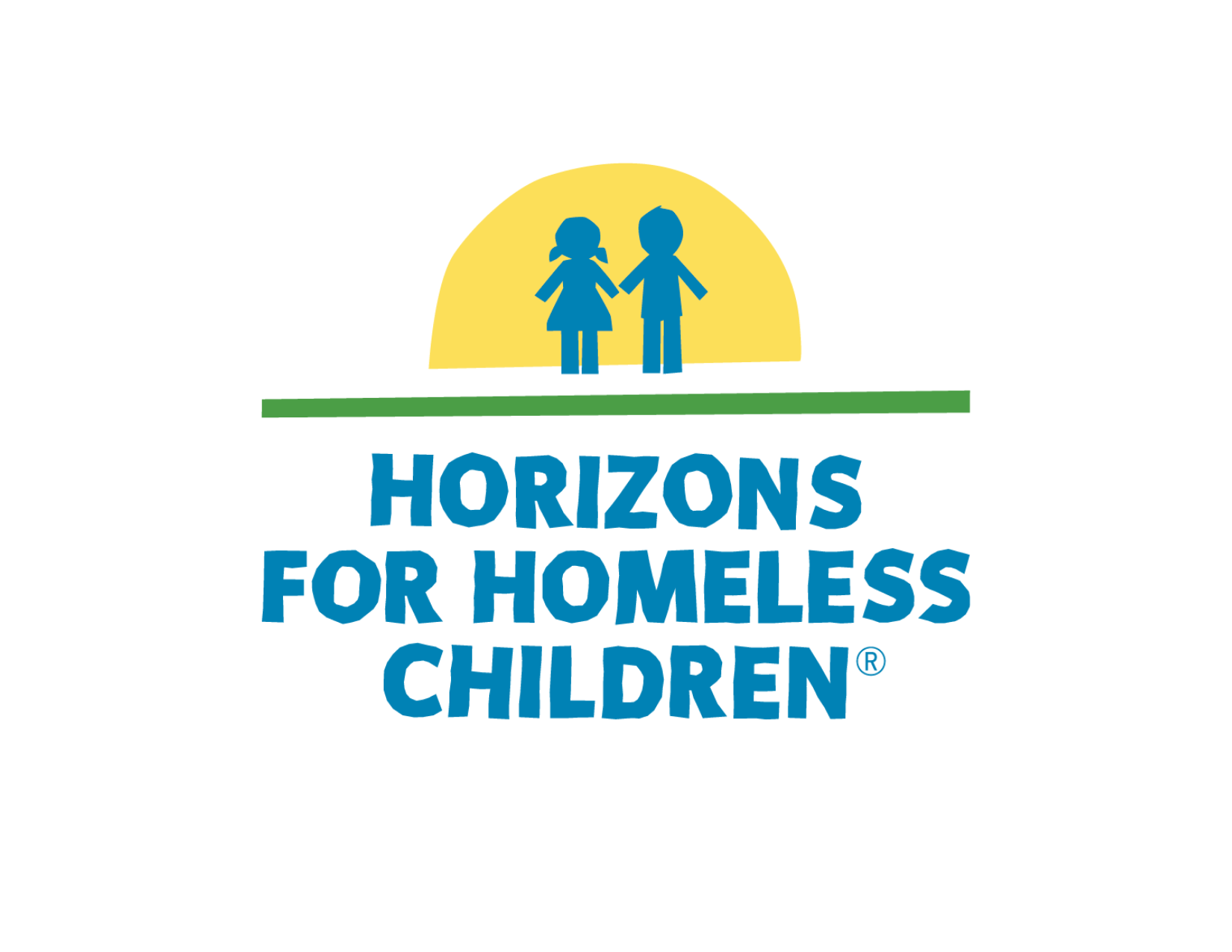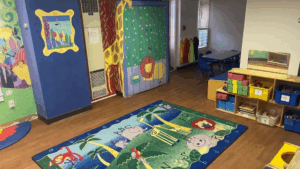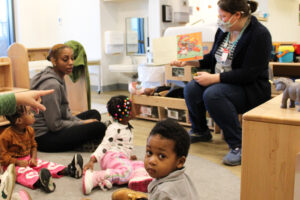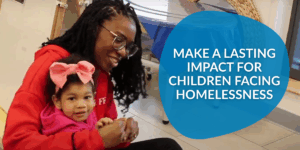Universal Pre-K is an Equation for Success
The Universal Pre-K (UPK) curriculum piloted in Horizons’ Jamaica Plain Early Education Center continues to add value for the children and teachers benefiting from the focus and structure of the program.
“The UPK curriculum has improved many areas of our classroom by encouraging different ways for our children to learn,” confirmed Lisa Crowley, the center’s Lead UPK teacher. “Being able to focus on how they learn and expanding upon it in a flexible manner is very important for the Horizons’ classroom and the heart of what we do.” Housing instability is often a traumatic experience for children and has a complex impact on the way they interact with the world around them.
According to the American Public Health Association, the toxic stress caused by the experience of homelessness triggers a range of harmful biochemical impacts on a young developing child, including abnormal brain development. As a result, homeless children are twice as likely to have learning disabilities, and three times more likely to have emotional and behavioral problems.
“Children of trauma generally have different ways of learning because they’re seeing the world in different ways.” Lisa confided. “In a lot of our educational activities, we’re allowing our children to choose how they play and explore. Whether they’re sitting on the floor, lying on their stomachs, or they go to a table, they have the flexibility of figuring out where they want to be.” She expanded upon this concept using UPK’s literacy as an example. “With writing, it’s not just a table activity – they can do writing on the easel, on the floor, we can tape paper up on the wall. The children in our classroom have the flexibility of doing what makes them comfortable and learning how they want to learn.”
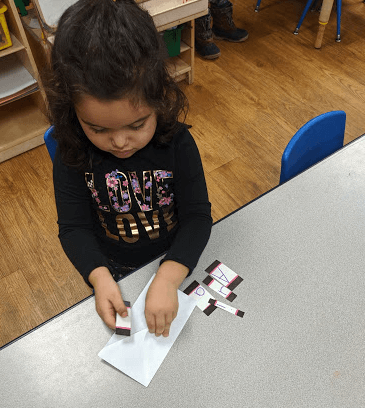
While flexibility is essential for Horizons’ classrooms, the structure of the Universal Pre-K curriculum helps to keep things organized to ensure the students are advancing in critical thinking and language skills in preparation for kindergarten. “With UPK, we incorporate a lot more literacy and mathematics into our learning and have very specific circles dedicated to these units.”
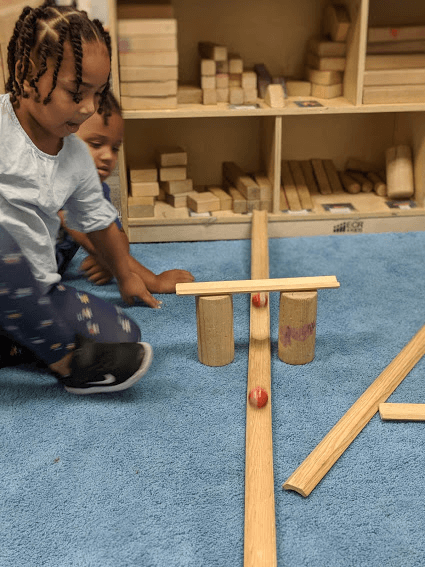
This all adds up to a streamlined educational experience once the children transition out of the Horizons’ Education Centers and into public or private school. Mathematical and problem solving skills are an essential component to this process. “One of the math circles we do is called whole group building blocks,” Lisa explained. In this unit, students learn how to cooperate as a team to build structures such as working marble ramps and wooden castles stacked as tall as them and their peers.
“We’ll do this circle for about ten to fifteen minutes as a whole group and then break off into two smaller group activities,” Lisa continued, expressing the importance of learning to work together in large and small group settings. “In these activities, we’re focusing on specific math skills such as shapes, geometry, counting, and patterns.”
When working in smaller groups, the UPK teachers assess the individual levels of their students to ensure each child is making progress at a comfortable pace. One example was a counting activity in which the children placed a number of objects on an illustrated card. Universal Pre-k educator Greg Bien-Aime described his observations.
“When it comes to mathematics, some children can take five apples and put them on the number five card without any extra guidance from the teachers,” he explained. “Other children might not be there yet, depending on their unique circumstance and challenges. We’re able to work with them on an individual basis, starting with one apple and staying there until they grasp the concept while their peers work on other objects and number variations. We keep moving up, two apples then three apples, and keep progressing until we’re at the next level.” Greg was quick to enthuse, “It’s really exciting to see the progress!”
Universal Pre-K allows teachers these opportunities for one-on-one sessions and small group focus while also allotting time for the entire classroom to learn and interact together as a unit. With an expanse of resources and program directives added to the Horizons’ mission plus compassionate teachers and a dedicated staff, the UPK curriculum is truly an equation for success. It streamlines the educational experience of disadvantaged children and works as a solution to bridge the gap between preschool and kindergarten, setting students up for a bright future ahead.
This piece was written by Andrea Drag, a regular contributor to Horizons’ Blog.
